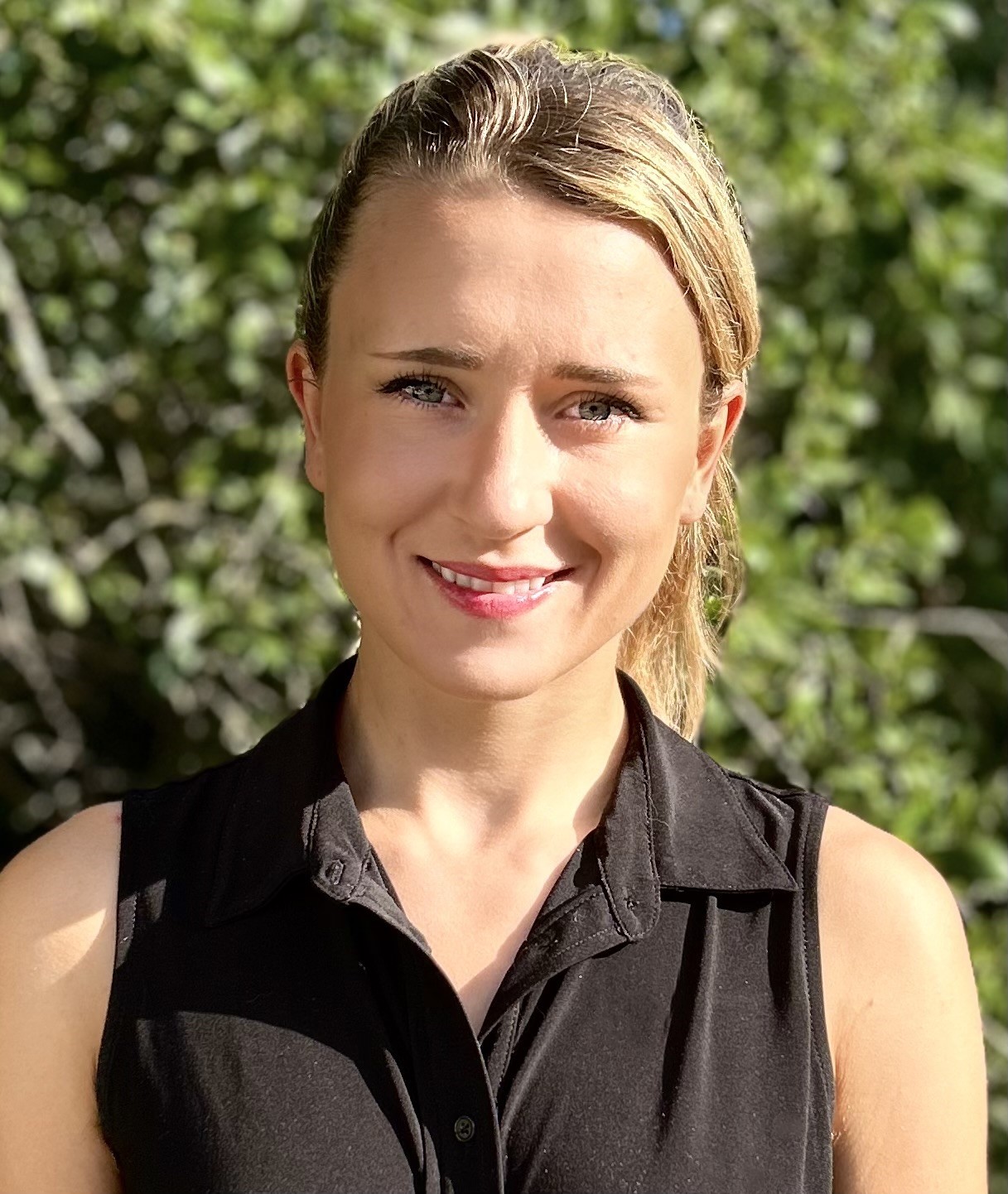
Marilyn E. Wende, Ph.D.
Assistant Professor, Department of Health Education and Behavior
Meet Marilyn E. Wende, Ph.D.
Assistant Professor
Education
- Ph.D. in Health Promotion, Education, and Behavior, University of South Carolina (2021)
- M.S.P.H. in Epidemiology, University of South Carolina (2017)
- B.S. in Psychology, The Ohio State University (2015)
Dr. Marilyn Wende has opportunities for doctoral student assistantships and mentorship. Please contact her via email for more information.
Mailing Address
FLG 73
P.O. Box 118210
Gainesville, FL 32611-8210
Biography
Marilyn Wende, Ph.D., is an Assistant Professor in the Department of Health Education and Behavior. She completed her Ph.D. in Health Promotion, Education, and Behavior and MSPH in Epidemiology at the University of South Carolina. Dr. Wende completed her postdoctoral training at Baylor University.
Dr. Marilyn Wende’s research applies an environmental justice approach to identify neighborhood resource disparities and determine their relationships with health behaviors and outcomes, including physical activity, mental health, social relationships, and cardiovascular outcomes.
She specifically focuses on the role of neighborhood features like walkability, green space, park or trail resources, community programming, and socioeconomic indicators. Dr. Wende’s research also advances initiatives to promote aging in place and identifies environmental factors that are instrumental for older adults to maintain physical activity and independence.
To advance research that addresses health disparities, Dr. Wende evaluates community-led physical activity and health promotion initiatives using natural experimental methods. Dr. Wende has taught about the application of natural experiments in community-based research and has applied these methods to evaluate community-led programs in rural areas.
Dr. Wende currently serves as the fellow for the Physical Activity Policy Research and Evaluation Network (PAPREN) Rural Active Living Workgroup, a multi-disciplinary network of researchers and practitioners advancing active living research and facilitating the implementation and evaluation of physical activity initiatives in rural communities.
Dr. Wende is a member of several professional organizations, including American Academy of Health Behavior and the International Society for Behavioral Nutrition and Physical Activity.
She has received awards for research presentations from the American Public Health Association, American Academy of Health Behavior, and University of South Carolina’s Annual Nutrition Consortium Research Symposium.
Finally, Dr. Wende has published in leading journals, including Preventive Medicine, The Journal of Rural Health, International Journal of Environmental Health Research and Women’s Health Issues.
Areas of Interest
- Epidemiology of physical (in)activity
- Behavioral health
- Implementation science
- Measurement of physical activity and healthy eating environments
- Identification of environmental resource and health disparities
- Community-based approaches to rural active living
- Aging in place and age-friendly environments
Research Methods
- Qualitative and mixed methods
- Quantitative methods
- Spatial analyses or GIS
- Natural experiments or quasi-experimental methods
- Community-based participatory research
Current Courses
- HSC 6506: Epidemiology
- HSC 4713: Planning, Implementing, & Evaluating Health Promotion Programs
Publications
- Wende ME, Lohman M, Friedman D, McLain AC, Sarto GE, Shadyab AH, Bird CE, Chrisinger BW, Pan K, Garcia L, Kaczynski AT. (2023) Neighborhood socioeconomic status, green space, and walkability and risk for falls among postmenopausal women: The Women’s Health Initiative. Women’s Health Issues.
- Wende ME, Wilcox S, Rhodes Z, Kinnard D, Turner-McGrievy G, McKeever BW, Kaczynski AT. (2022) Development of criteria for research translation in community settings: A systematic review informed by the Knowledge to Action Framework. Implementation Science Communications.
- Wende ME, Umstattd Meyer MR, Abildso C, Davis K, Kaczynski AT. (2022) Urban-rural disparities in childhood obesogenic environments in the United States: Application of differing rural definitions. The Journal of Rural Health. 1-18.
- Wende ME, Stowe EW, Hallum SH, Eberth JM, Liese AD, Kaczynski AT. (2021) Exploring disparities in youth physical activity environments by income and Non-Hispanic White population across the United States. Journal of Public Health Management and Practice, 28(2), E630-E634.
- Wende ME, Alhasan DM, Hallum SH, Stowe EW, Eberth JM, Liese AD, Breneman C, McLain AC, Kaczynski AT. (2021) Incongruency of youth food and physical activity environments in the United States: Variations by region, rurality, and income. Preventive Medicine,148, 106594.
- Wende ME, Stowe EW, Eberth JM, McLain AC, Liese AD, Breneman C, Josey M, Hughey SM, Kaczynski AT. (2020) Spatial clustering patterns and regional variations for food and physical activity environments across the United States. International Journal of Environmental Health Research, 31(8), 976-990.
- Wende ME, Kaczynski AT, Bernhart J, Dunn C, Wilcox S. (2020) Objective church environment audits and attendee perceptions of healthy eating and physical activity supports within the church setting. International Journal of Environmental Research and Public Health, 17(10), 3598.
- Kaczynski AT, Eberth JM, Stowe EW, Wende ME, Liese AD, McLain AC, Breneman C, Josey M. (2020) Development of a childhood obesogenic environment index: national differences by region and rurality. International Journal of Behavioral Nutrition and Physical Activity, 17(1), 83.
- Kaczynski AT, Hughey SM, Stowe EW, Wende ME, Hipp A, Oliphant EL, Schipperijn J. (2020) ParkIndex: Validation and application of a standardized metric of park access and use. Preventive Medicine Reports. 20, 101218.
- Regan EW, Wende ME, Blake C, Fritz SL. (2020) Yoga for Everyone: A qualitative study of a community yoga class for people with disability. Physiotherapy Theory and Practice, 38(3), 401-411.
